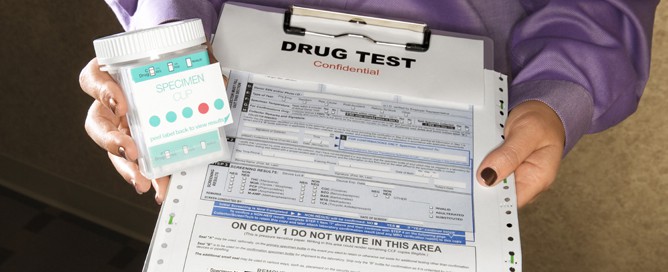If you’re familiar with the television shows Nurse Jackie and House, you’re aware of the dangers associated with doctors who abuse illegal and prescribed substances. But while Dr. House always managed to keep himself in control and save the day, patients in Maryland and throughout the United States have not always been as lucky as those on television.
There has been a disturbing rise in medical malpractice cases in recent years where a doctor’s drug or alcohol abuse has played a prominent role. This June, Time Magazine ran an op-ed article written by a California doctor who related his history working with men and women who abused drugs and alcohol while continuing to see patients. In April, USA Today ran a similar story about nurses, doctors and surgeons from around the country who were continuing to work while under the influence of narcotics – most of which were stolen from the institutions where they worked.
Because of stories like these, there has been an increased interest in drug testing for medical personnel and hospital staff. In California, the Toy and Alana Pack Act is up for a vote this November, and would:
[R]equire random drug testings of doctors; require doctors to consult a database to make sure their patient isn’t abusing prescription drugs before prescribing them to that patient; and lift the limit of $250,000 in “pain and suffering” damages in medical malpractice awards.
So what’s stopping Maryland from following suit? The argument has been made by physicians at Johns Hopkins that the Maryland law allows employers to drug test employees at will. Government-run facilities should have no problems putting the testing measures in place, as all government employees are subject to drug testing in general (though how often the tests are administered in different departments is unknown).
Any time a doctor is under the influence, he or she places their patients in harm’s way. Each and every time a surgeon performs under the influence, or a doctor writes a fake prescription, or a nurse steals medication from the patients who need it most, the entire health care community is put in jeopardy – as are thousands of patients. If mandatory drug testing can put an end to this practice, then let the testing begin.
For more information about medical malpractice, or to learn more about how we can help you after you were injured because of a negligent health care provider, visit Plaxen & Adler, P.A. today.






